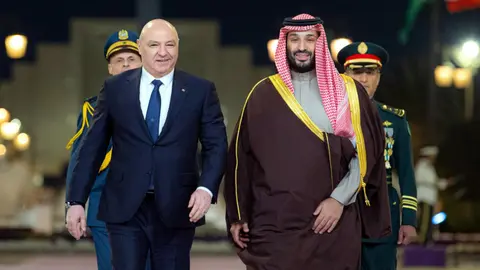Saudi Arabia promotes a record renewable energy plan
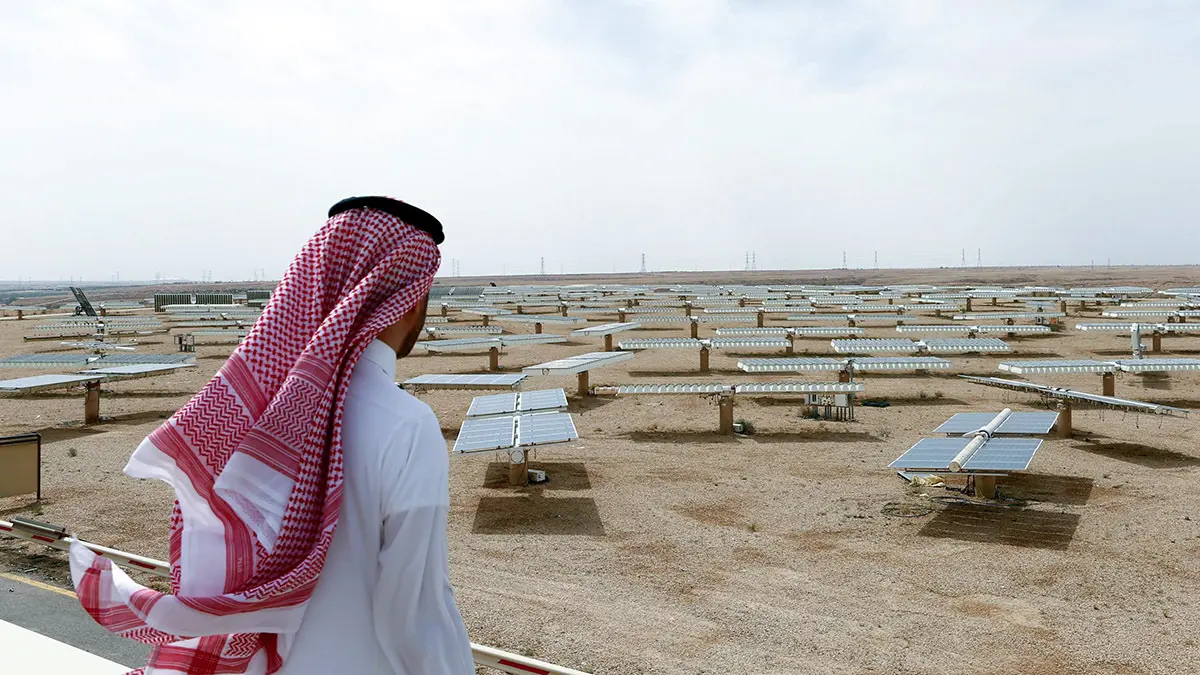
- A dual energy strategy: domestic sustainability and global leadership
- Seven new projects spearheading the energy transition
- International expansion and investor confidence
- Ambitious targets for 2030: half of electricity from renewable sources
- Renewable energy as a complement, not a substitute for oil
- A structured energy stance
Saudi Arabia is making strong progress in the development of clean energy. With seven new solar and wind projects worth 8.3 billion dollars led by ACWA Power, the Saudi kingdom is reaffirming its commitment to diversify its energy matrix and reduce its dependence on oil.
This move is part of a national strategy launched seven years ago that seeks to promote sustainable sources such as solar and wind energy, while encouraging the use of natural gas to replace crude oil as the primary source of energy generation. The main objective is to free up barrels of oil from domestic consumption for export, thereby strengthening the Gulf country's position as an export powerhouse and increasing its revenues without sacrificing its leadership in the global crude oil market.
A dual energy strategy: domestic sustainability and global leadership
The Saudi government is strategically combining two goals: reducing domestic emissions and consolidating its global influence in the oil market. The transition to renewable energy does not mean abandoning oil, but rather a more efficient redistribution of its use. Replacing the burning of crude oil to generate electricity with sources such as the sun and wind maximises export revenues and strengthens its role within OPEC+.
Analyst Tsvetana Paraskova explains this clearly in a report published by Oil Price: ‘While Saudi Arabia maintains its central role in global oil production, it is also moving decisively forward in the development of renewables.’ According to her, the more clean energy generated locally, the more barrels of oil will be available for export, benefiting both the economy and the stability of the global energy market.
Seven new projects spearheading the energy transition
The most recent announcement marks an important milestone for the country. The seven solar and wind projects to be launched will provide a combined capacity of 15 gigawatts, consolidating Saudi Arabia as one of the leading players in clean energy on an international scale. These agreements were signed between a coalition led by ACWA Power, the state-owned company Badeel (a subsidiary of the Saudi sovereign wealth fund), and the energy company Aramco.
This is one of the largest single-stage investments in renewables worldwide, according to Saudi media and authorities. The agreement was signed in the presence of Energy Minister Prince Abdulaziz bin Salman and is part of the National Renewable Energy Programme.
Notable projects include the Bisha solar park (3 GW) in Aseer, another 3 GW park in Medina, the Khulis Project (2 GW) in Mecca, and the Starah (2 GW) and Shaqra (1 GW) wind farms in Riyadh. Together, they represent not only a leap in capacity, but also a strategic geographical distribution that maximises the Saudi kingdom's energy potential.
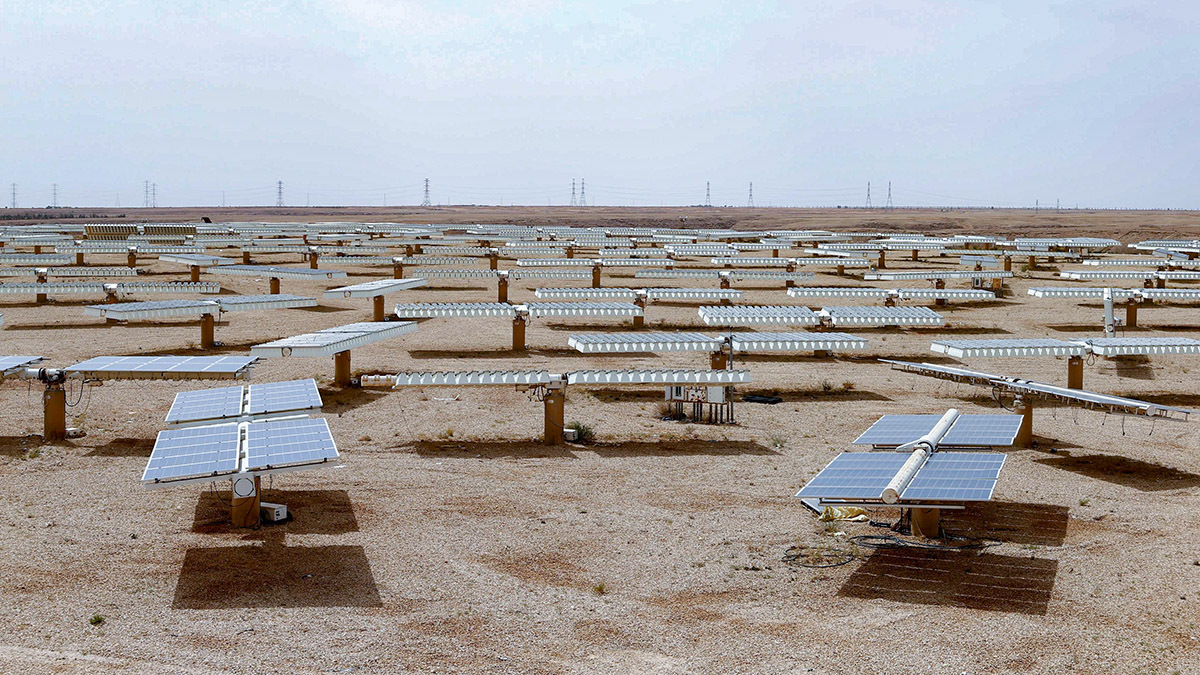
International expansion and investor confidence
ACWA Power's vision for growth is not limited to the domestic market. Its presence extends to the Middle East, Africa, Central Asia, Southeast Asia and China, demonstrating the international dimension of Saudi Arabia's energy plan. This expansion also responds to greater confidence among international investors in the Arab country's financial and regulatory environment, driven by well-designed financing models and efficient management.
Tsvetana Paraskova emphasises that the Saudi model is a global benchmark for its ability to develop competitive projects in terms of cost per kilowatt-hour. ACWA Power, backed by the Public Investment Fund (PIF), already manages more than 100 energy and desalination projects with an estimated value of more than 107 billion dollars, and plans to increase its total investment to 250 billion by 2030, including up to 30 billion in China, the world's largest renewable energy market.
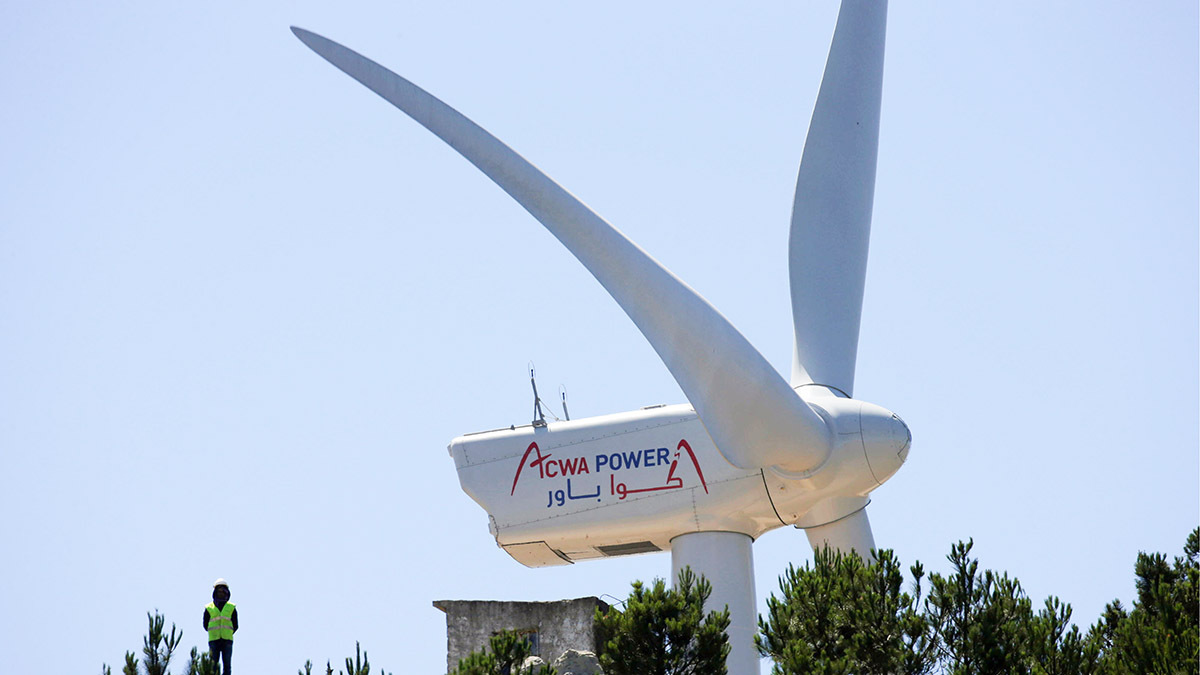
Ambitious targets for 2030: half of electricity from renewable sources
Saudi Arabia has set specific targets for the next five years: to produce 50% of its electricity from renewable sources by 2030 and to achieve a combined installed capacity of 130 GW. This ambitious goal will require accelerating the implementation of projects such as those recently announced and maintaining rigorous planning.
In October 2024, installed energy generation capacity reached 44 GW, with another 20 GW expected to be added in the coming months. In addition, a large-scale geographical survey has been launched to identify the best locations for new solar and wind infrastructure.
These actions are complemented by the Liquid Fuel Replacement Programme, which aims to replace one million barrels of crude oil per day currently used in electricity generation. The aim is to free up crude oil for export or strategic reserves, enabling the Saudi kingdom to exert greater influence on global markets through OPEC and the OPEC+ alliance.
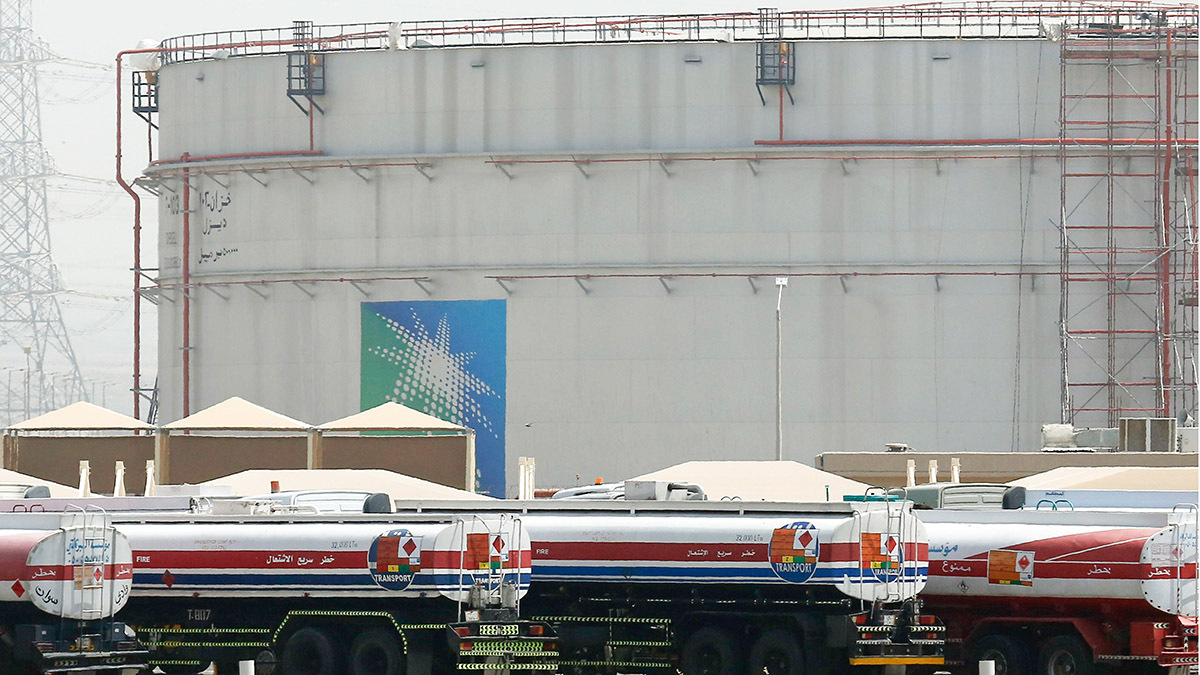
Renewable energy as a complement, not a substitute for oil
Although Saudi Arabia is moving decisively forward with its energy transition, its authorities make it clear that oil remains a strategic pillar. At events such as the annual investment forum in Riyadh, government representatives reaffirmed that renewable energies do not replace oil, but complement it within a more comprehensive vision of energy security.
Energy Minister Prince Abdulaziz bin Salman emphasised that maintaining oil production capacity of 12.3 million barrels per day remains a priority. By 2027, new fields currently under development will offset the natural decline of older wells, adding at least 1.1 million additional barrels per day.
Aramco's management also has reservations about an overly idealistic view of the energy transition. Its CEO, Amin Nasser, warned that this transformation will not be easy or uniform, and that each country needs a flexible energy strategy tailored to its circumstances. In his view, reality has shown that many roadmaps to decarbonisation, especially in Asia, have been ‘oversold and unrealistic’.
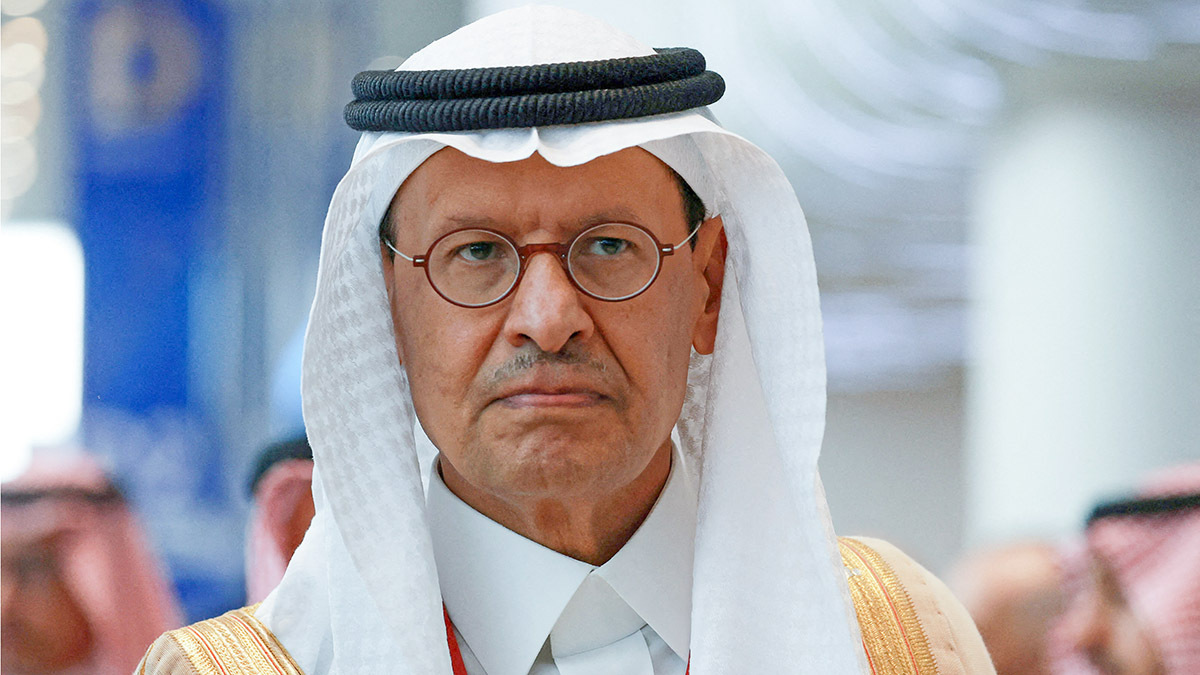
A structured energy stance
This approach reflects a pragmatic model: Saudi Arabia does not deny the need for an energy transition, but insists that it must be done in a phased, sustainable manner, adapted to each nation's capabilities. Thus, while launching tenders for an additional 44 GW of renewables, it remains firmly committed to global energy supply stability.
Minister Abdulaziz bin Salman's position is clear: ‘All forms of energy will be absolutely necessary to ensure global energy security.’ This statement reaffirms that the Saudi kingdom does not seek to relinquish its leading role in oil, but rather to transform itself into a multiple energy power, where oil, gas, solar energy and even green hydrogen coexist under the same strategic framework.

